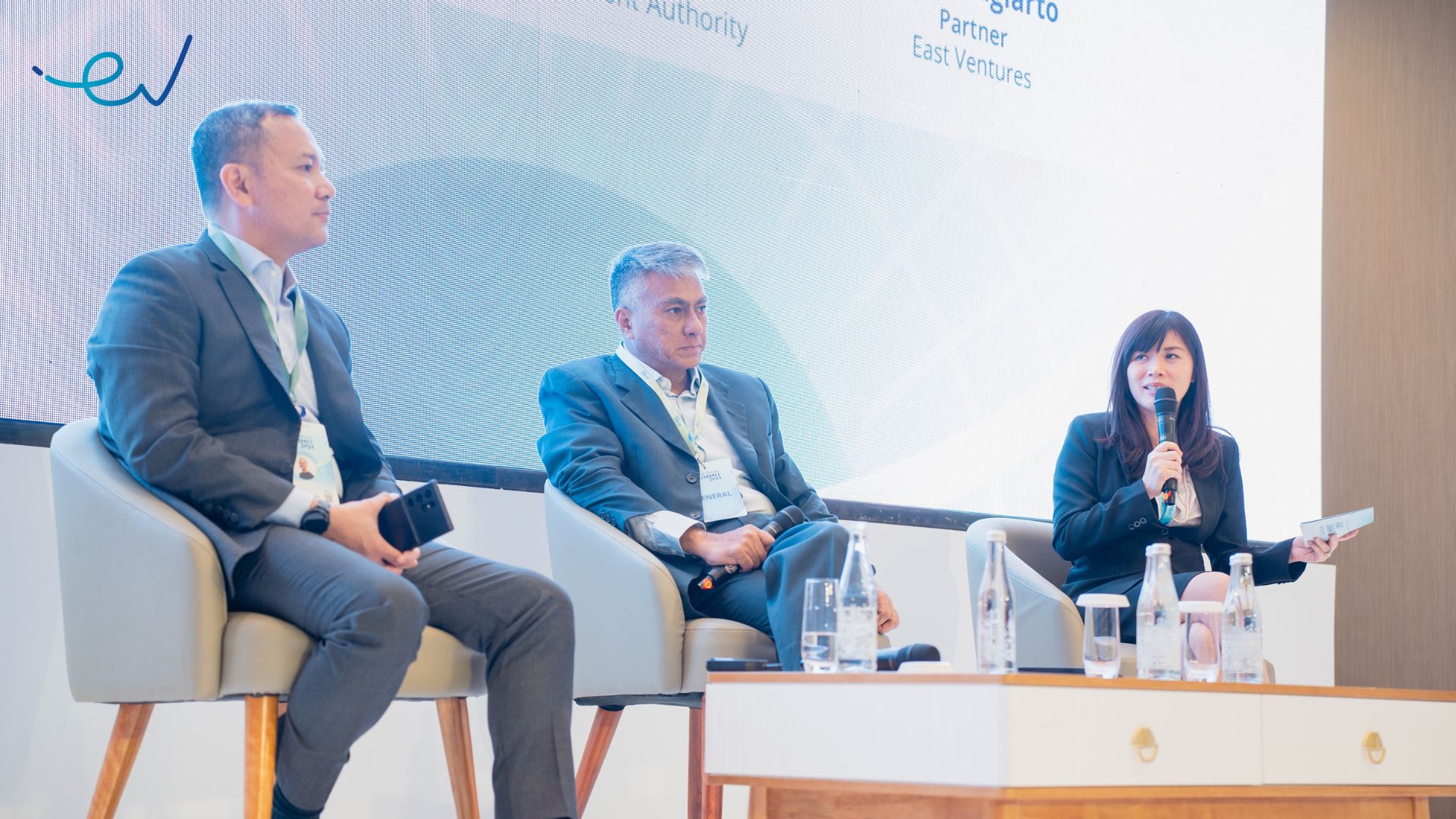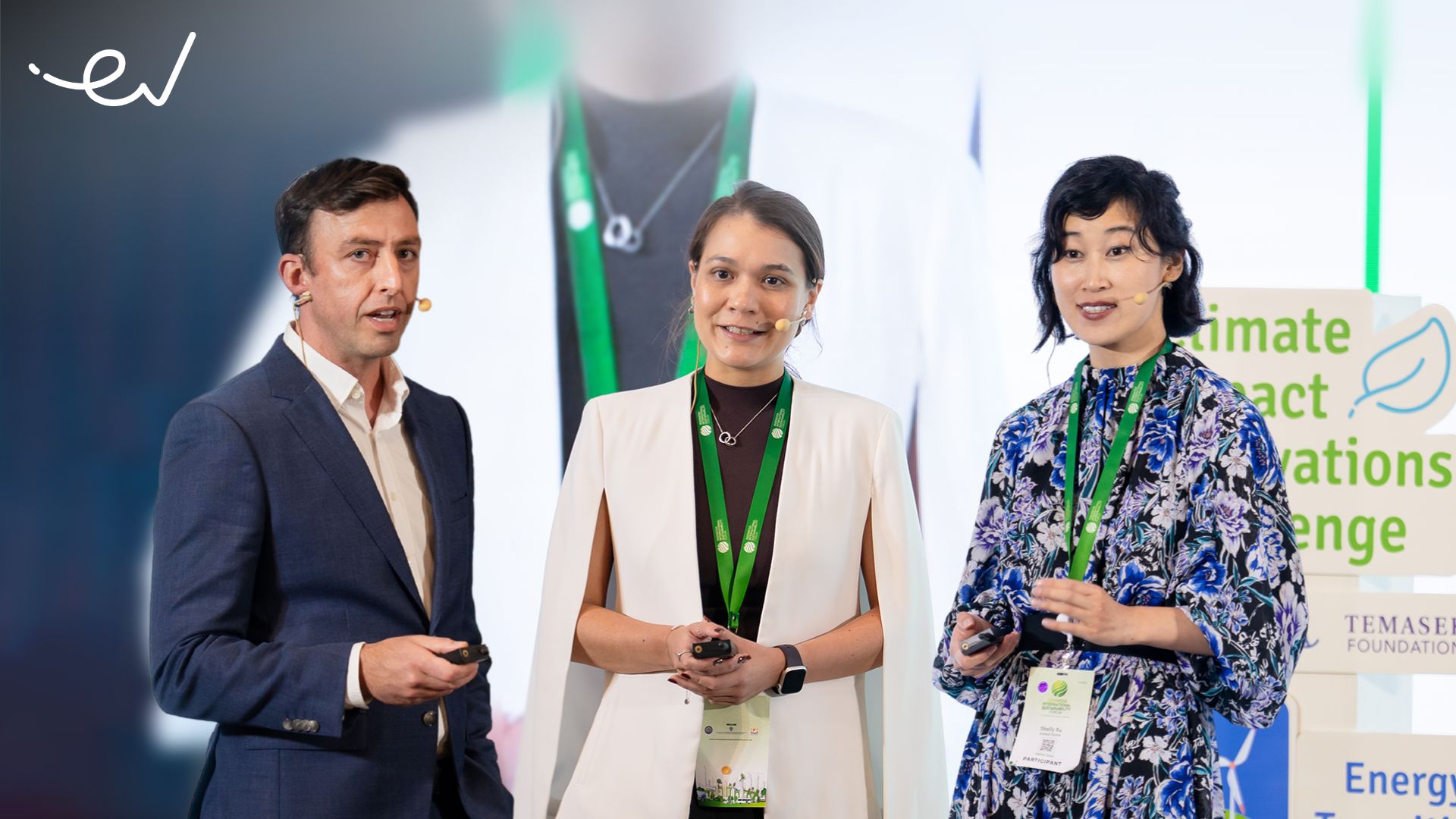With extreme weather conditions such as drought, heatwaves, heavy rains, floods, and landslides occurring worldwide, climate change has become a catastrophe that needs international attention and commitment.
Southeast Asia and Indonesia in particular, are not free from this torment – rising sea levels are threatening coastal areas and putting small islands in danger as fish and catch quality is deteriorating, alongside agricultural products and water resources, for instance.
The Paris Agreement, which has been adopted by 198 countries globally, is one of the many decarbonization commitments initiated. Decarbonization is both a method of climate change mitigation and the process of significantly reducing or eliminating carbon dioxide (CO2) and other greenhouse gas (GHG) emissions from the atmosphere.
Indonesia itself aims to become net zero by 2060, but is this ambition achievable when 86% of the country’s energy use still comes from fossil fuels?
“Three-quarters of [the percentage] comes from three things: coal for electricity, oil for transport, and coal for industrial use. Each one of them needs to be handled differently,” Rachmat Kaimuddin, Deputy Coordinating Minister of Maritime Affairs and Investments in Infrastructure and Transportation, explains.
Mr. Rachmat shares that the Indonesian government is undertaking multiple endeavors to decarbonize, including building an electric vehicle (EV) supply chain, promoting green power through the Electricity Supply Business Plan (Rencana Usaha Penyediaan Tenaga Listrik) by PLN, and more.
During the East Ventures Summit 2024 Breakout session: “Indonesia decarbonization journey”, Rachmat Kaimuddin, Deputy Coordinating Minister of Maritime Affairs and Investments in Infrastructure and Transportation of The Republic Indonesia, Cyril Noerhadi, Supervisory Board Independent Member at Indonesia Investment Authority (INA), moderated by Avina Sugiarto, Partner at East Ventures shared their perspectives on Indonesia’s strategic efforts to balance economic growth with environmental sustainability.
Despite the many aspirations and opportunities present, one question remains: how do we put these commitments into action?
The answer is a balanced approach to energy transition that supports economic growth towards a green economy—low-carbon, resource-efficient, and socially inclusive. In a green economy, investments should be allocated to activities, infrastructure, and assets that allow reduced carbon emissions, energy efficiency, and biodiversity loss prevention.
The role of investors, like East Ventures, in the green economy becomes critical to converting these opportunities into reality. Some of the highlighted sectors include promoting renewables through electric mobility, minimizing fossil fuel usage, waste-to-energy, and others.
Disruptors that are making a real change in the industry
Indonesia is home to over 130 million motorcycle riders, but only around 150 thousand ride electric two-wheelers (EV2W). Though EV2W sales in Indonesia saw an incredible surge of 260% last year, market penetration remains low, with challenges rooted in product quality and local consumer expectations.
Raditya “Dito” Wibowo, Co-Founder and CEO of MAKA Motors, an emerging EV startup focused on delivering electric motorcycles that meet the unique needs of Indonesian riders, suspects that when transitioning to EV2W, consumers are not necessarily prioritizing the sustainability factor when making purchasing decisions. “They are more likely to be swayed by factors such as cost, performance, and reliability,” he reveals.
For Indonesians, their two-wheelers might just be their most expensive asset. They are highly meticulous about the specifications of these bikes and the bar is set high.
MAKA Motors ensures that its product is “100% high quality” before officially launching it to the public this year, says Dito at the East Ventures Summit 2024 Breakout session: “MAKA Motors: Electric vehicle revolution in Indonesia.” Watch his full insights below.
Once launched, MAKA Motors aims to target on-demand drivers – like Gojek or Grab drivers – as they make up the majority of active users on the road today, next to retail consumers.
Aside from electric mobility, transitioning to renewables can involve biomass, hydro, solar, waste, and many more, which even conventional businesses can contribute to.
In Indonesia, it would make perfect sense for solar to play a big part. Yet, a whopping 61% of the electricity produced in the country comes from coal. For comparison, electricity generated by coal was 189,683 GWh in 2021, while only 192 GWh came from solar photovoltaic cells (PV).
Convincing the government that renewables are cheaper than coal today might be a challenge. Eka Himawan, Managing Director of Xurya Daya Indonesia (Xurya), shares Dito’s sentiment that people prioritize economic benefits over sustainability. “Once we have renowned businesses, as our clients, going solar, the government is expected to notice and start to ask, ‘Are they doing solar because care about the environment?’ Maybe. But most importantly, it is also because it is cheaper.”
Xurya’s innovation lies in its business model: no upfront investment is needed, and clients will get electricity for a lower price than PLN, Indonesia’s state-owned electricity company. The firm also has a platform where they can draw the clients’ rooftop area within five minutes, which makes it much faster for them to quickly come up with and send out proposals to potential clients.
“Without a very strong tech platform that allows us to study the consumption of electricity and production, it will be very difficult to manage over 200 installation locations. This needs to be scalable and that is where the tech angle comes in,” Eka explains during the East Ventures Summit 2024 Breakout session: “Innovating for tomorrow – Indonesia’s role in the green economy.”
Sharing the panel were two founders of other East Ventures-backed climate tech startups: Ernest Layman, CEO and Co-Founder of Rekosistem, and Sudono Salim, Co-Founder and Chief Growth Officer of Jejakin, who are respectively focusing on waste management and carbon offsetting.
Rekosistem is digitalizing Indonesia’s current waste ecosystem, from waste collection, recovery, sorting, and distribution to processors or recyclers. As the fourth most populous country, consumption-driven economics results in a lot of waste produced.
“Today, the majority of Indonesians still apply the linear economy model, where 90% of waste goes to landfills. The role of Rekosistem is to help waste collectors, aggregators, sorters, and municipalities to reduce and utilize waste as valuable resources,” says Ernest.
The firm operates on a B2B and B2G model, with clients including cities or residential areas, waste workers, and waste processors in Indonesia and beyond.
Meanwhile, Jejakin provides technology platforms and dashboards to help its customers decarbonize their operations and ultimately gain a better understanding of the carbon footprint they produce from their operational activities. In essence, Jejakin helps companies track, measure, and offset their carbon emissions.
Sudono adds, “We position ourselves as a one-stop solution model where we develop and offer three products – carbon accounting, digital monitoring, reporting and verification (MRV), and carbon offset marketplace – to get as much market share as possible. That is our key differentiator.”
A balanced approach towards a green economy
While the global climate crisis is driven by all kinds of sectors, one no less important thing to highlight is the attention and involvement of investors. Indonesia’s decarbonize journey might be a rocky road ahead, but the government has been promoting investments in this sector as well.
“[Investors] have been doing not only technology-based solutions, but also natural-based solutions, and even waste-to-energy. From an investor’s perspective, the opportunity is there, but it is important to be mindful that everything has risks. Know your risk appetite and the risk relates to knowledge,” said Mr. Cyril at the session.
East Ventures is proud to have been the backers of some of the pioneering climate tech companies in Indonesia that play a big role in decarbonize. Just like how “all roads lead to Rome,” there are many ways companies can contribute to this nationwide goal.
East Ventures has also worked with Indonesia’s Chamber of Commerce (KADIN) and World Research Institute Indonesia (WRI) in launching ECOVISEA, a free web-based global greenhouse gas (GHG) emissions calculator that helps companies calculate and measure their environmental impact.
If you are a startup founder building in the climate tech sector, send us your pitch here.







